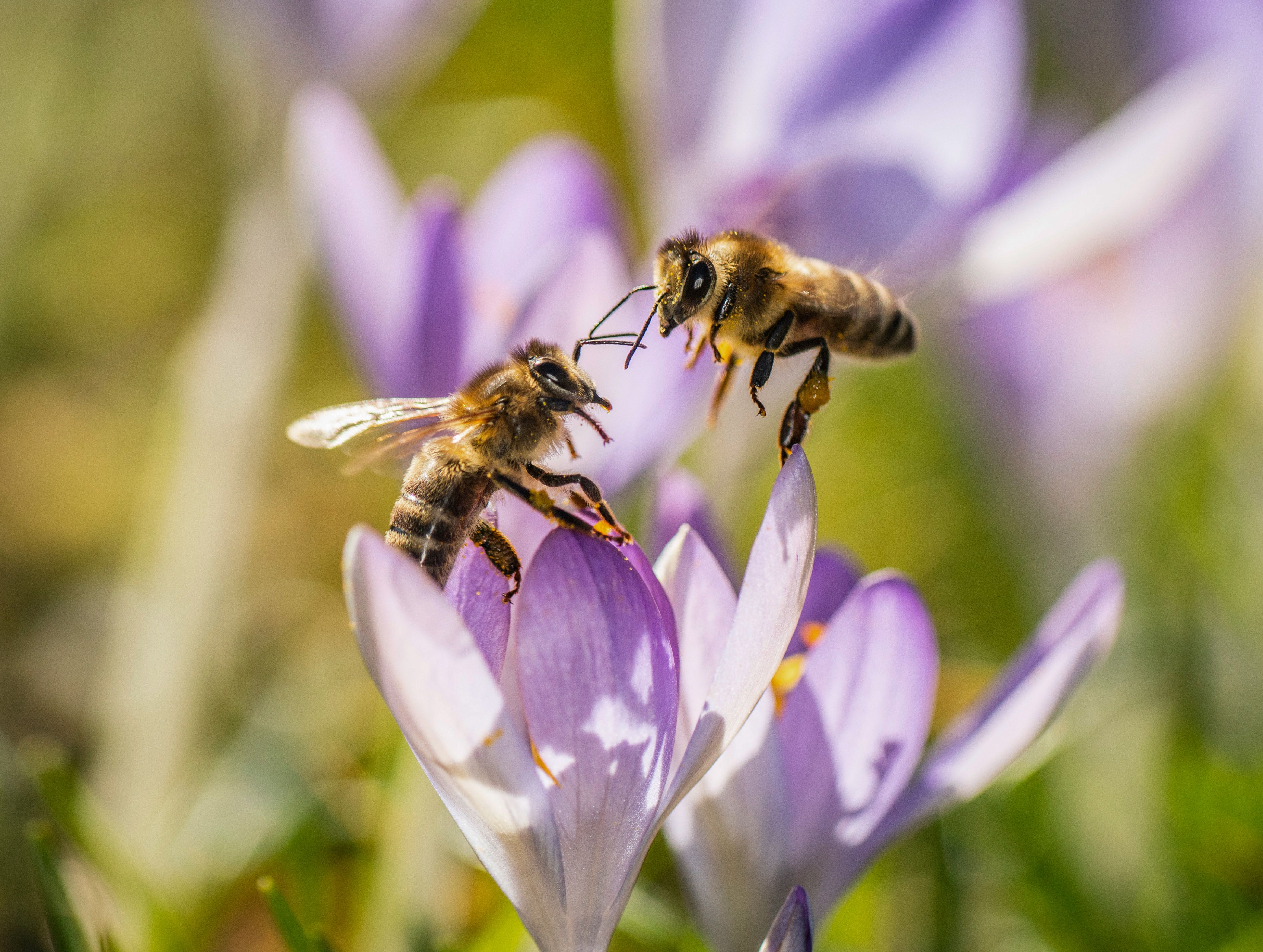'Severe' threat to food from decline in biodiversity, says UN
Report says 'the foundations of our food systems' are being undermined

A free daily email with the biggest news stories of the day – and the best features from TheWeek.com
You are now subscribed
Your newsletter sign-up was successful
The world's food supply is under “severe threat” from the loss of biodiversity, according to groundbreaking research by the United Nations.
The first study of the plants, animals and micro-organisms that help to feed us found that the natural support systems that underpin the human diet are deteriorating as environmental destruction continues.
The researchers, who collated global data, academic papers and reports by the governments of 91 countries, found that approximately 20% of the Earth’s vegetated surface has become less productive over the last two decades.
The Week
Escape your echo chamber. Get the facts behind the news, plus analysis from multiple perspectives.

Sign up for The Week's Free Newsletters
From our morning news briefing to a weekly Good News Newsletter, get the best of The Week delivered directly to your inbox.
From our morning news briefing to a weekly Good News Newsletter, get the best of The Week delivered directly to your inbox.
The report, called the State of the World's Biodiversity for Food and Agriculture, found that the planet is relying on decreasing number of foodstuffs to feed a population that's expected to rise to around 10 billion people by 2050.
As the human population grows, many of the species that support food and agriculture are in decline. Approximately a thousand wild food species, mainly plants, fish and mammals are decreasing in number. Reuters Africa points out that the hardest hit regions are Latin America, Asia and Africa.
There has also been a “debilitating” loss of vital elements of nature, The Guardian reports, including “soil biodiversity, forests, grasslands, coral reefs, mangroves, seagrass beds and genetic diversity in crop and livestock species”. Meanwhile, in the oceans, one third of fishing areas are being overharvested.
In his introduction to the report, Graziano da Silva, the director general of the Food and Agriculture Organisation, said: “The foundations of our food systems are being undermined.”
A free daily email with the biggest news stories of the day – and the best features from TheWeek.com
He continued: “We need to use biodiversity in a sustainable way, so that we can better respond to rising climate change challenges and produce food in a way that doesn’t harm our environment.”
The researchers hope that global leaders will take the threat seriously. It is due to be discussed at the G7 meeting in April, the World Conservation Congress in June, and a major international convention in Beijing in 2020.
Referring to the issue at a biodiversity conference in Dublin on Thursday, Ireland’s president, Michael Higgins, said “If we were coal miners we’d be up to our waists in dead canaries.”
This is the second report of this nature in a matter of weeks. Earlier, a report in the journal Biological Conservation warned more than 40% of insect species could become extinct in the next few decades, with ”catastrophic" effects for the planet.